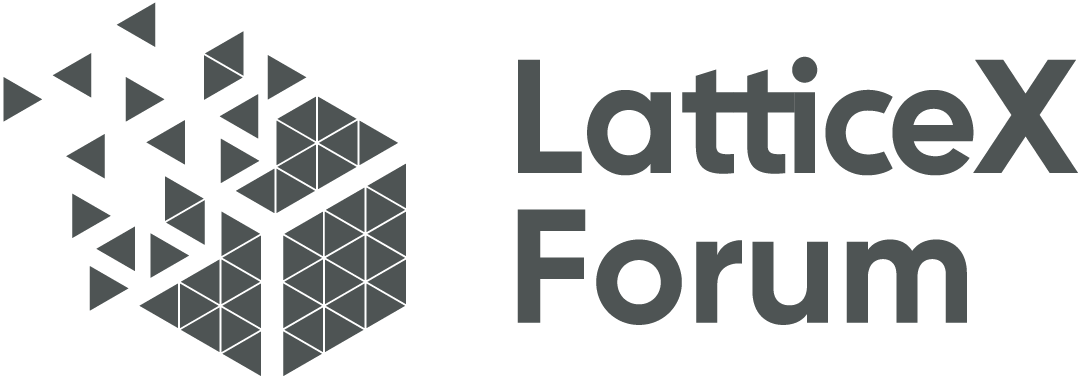The trend of blockchain in the accounting industry(PlatON)
Blockchain technology has changed the traditional accounting work mode, and the accounting industry has also ushered in many new changes. However, modern information technology is a double-edged sword, and blockchain is also facing many new challenges while promoting the development of the accounting industry.
- Financial sharing
Blockchain is equivalent to the general ledger in accounting, which is built on the foundation of computer programming and can be compared to a network ledger. When enterprises conduct accounting, the cost of funds consumed at various time points is visible and controllable. Blockchain can prioritize determining the best solution and ensure that resources are fully and reasonably allocated and utilized. Under blockchain technology, enterprise transaction data can be efficiently transmitted to the financial sharing center, and a series of business operations such as procurement and sales can be automatically operated according to the set process. The transaction data is fully stored on the financial sharing platform, and the accounting information system ultimately processes this data. Real time sharing of transaction data with immutability, legality, and authenticity, while also reducing the occurrence of financial fraud events. - Enterprise Resource Planning
In today’s digital age, blockchain has surpassed the basic concept of cryptocurrency. This technology is gradually entering the accounting industry with its characteristics of invariance, dispersion, and transparency, and ERP system software is one of them. When integrating blockchain into ERP platforms, automated processes are implemented in the form of smart contracts. In blockchain, create each database separately, and all relevant personnel can access the database to avoid
Avoided disputes and disputes related to invoices, shipments, and returns. Blockchain technology eliminates third-party intermediaries during operation, shortens the supply chain cycle, accelerates business processes, and reduces related costs. Through the integration of blockchain and ERP systems, it can tightly control the data shared between B2B and it. - Robot process automation
Blockchain utilizes smart contracts to implement pre programmed rules, apply them to blockchain nodes, and then relevant accounting personnel input accounting information in the corresponding nodes. Once the rules of the smart contract are followed, the business will automatically run. The blockchain combines with the RPA data collection module to enable permissions and facilitate access to a list of multiple participant nodes. Once a transaction occurs, RPA can use the identification information to collect and classify the transaction data. Based on the characteristics of immutability and permanent operation of smart contracts, the security of accounting information and the automation of RPA processes are ensured.
